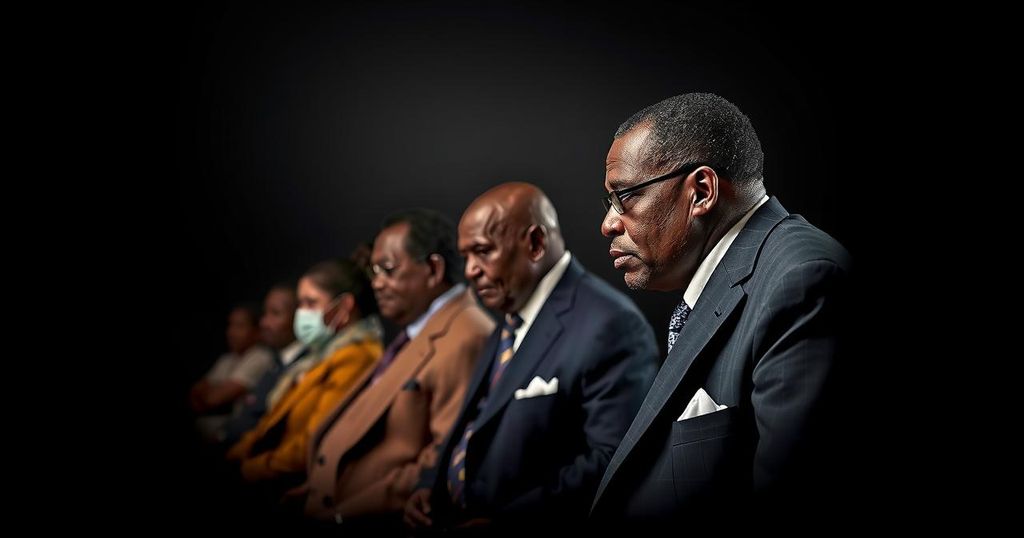South Sudan Dismisses Allegations of Kiir Family Business Empire as Malicious

South Sudan’s government rejected a report by The Sentry alleging President Kiir’s family controls 126 companies across various sectors. The government denounced the claims as malicious and asserted that it does not violate constitutional business regulations. The allegations highlight ongoing concerns about government corruption and the management of national resources amidst political unrest.
On Thursday, South Sudan’s government categorically dismissed allegations made by The Sentry, a US-based watchdog, regarding President Salva Kiir’s family amassing a significant business empire within one of the world’s poorest nations. The watchdog’s report, titled “Kiirdom,” detailed that the Kiir family purportedly controls 126 companies involved in various critical sectors of the South Sudanese economy, including mining, petroleum, banking, trade, aviation, private security, and logistics. The Sentry emphasized the necessity for transparency to ascertain whether these corporate entities are utilized for illicit activities, citing the country’s history of corruption.
The office of President Kiir labeled these allegations as “baseless and malicious,” asserting that the South Sudanese constitution permits any citizen, including his relatives, to engage freely in lawful business activities. “The allegations, presented as investigative findings, are nothing more than a deliberate witch-hunt designed to undermine the First Family and destabilize the nation’s unity,” a statement from Kiir’s office declared.
The Sentry disclosed that 23 members of Kiir’s family have stakes in multiple companies; however, it noted that President Kiir’s name does not appear on any corporate records they reviewed. According to South Sudan’s transitional constitution, officials including the president and ministers are prohibited from conducting commercial businesses while in office.
Co-founded by actor George Clooney, The Sentry specializes in investigating corruption and financial misconduct in conflict zones. South Sudan, one of the globe’s least prosperous nations, ranks 177th out of 180 on Transparency International’s corruption perceptions index. The situation has been exacerbated by President Kiir’s decision to postpone pivotal elections to December 2026, aggravating tensions among international stakeholders. The UN Commission on Human Rights attributed the stagnation in governmental transitions to rampant corruption that diverts public funds, concluding that oil revenue continues to be mismanaged leading to the benefit of political elites and their networks.
South Sudan, having gained independence from Sudan in 2011, continues to grapple with acute poverty and corruption, reflected in its low ranking on international indices. The governance crisis worsened following delays in democratic processes, further impeded by systemic corruption. This backdrop provides critical context for understanding the claims against the Kiir family, as allegations surrounding high-level corruption often impede social and economic development. In this scenario, transparency in dealings, especially in sectors like petroleum which is vital for the nation’s economy, becomes crucial for rebuilding trust and promoting responsible governance.
In summary, South Sudan’s government firmly rejected a report by The Sentry that accused the Kiir family of operating a substantial and potentially corrupt business empire. While the government insists that its constitution allows entities linked to the president’s family to engage in legitimate business, the claims have raised significant concerns about corruption and mismanagement in one of the world’s most impoverished countries. The intersection of political power and business in South Sudan remains a contentious issue, vital for understanding the broader implications for governance and economic stability in the nation.
Original Source: www.france24.com






